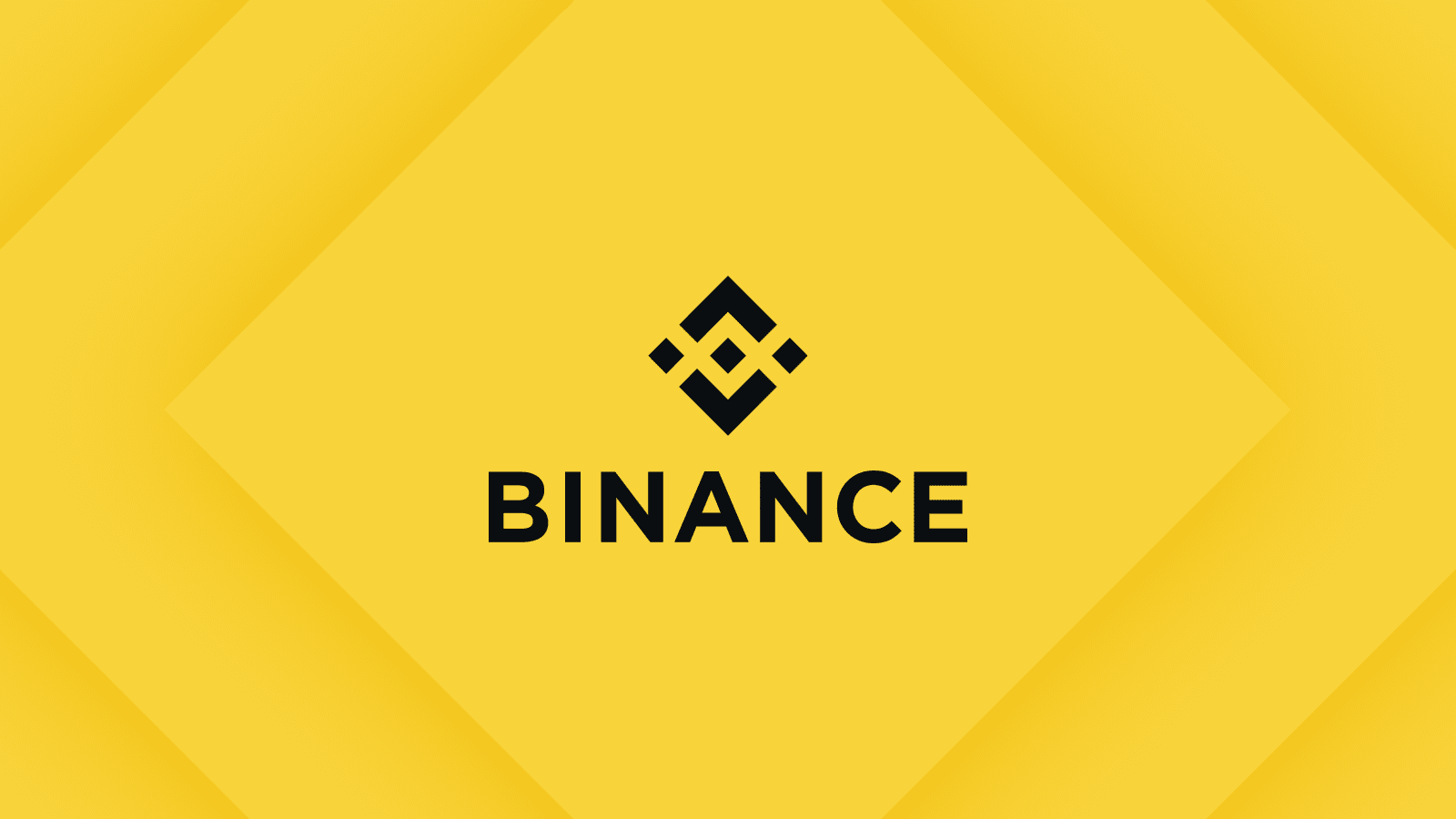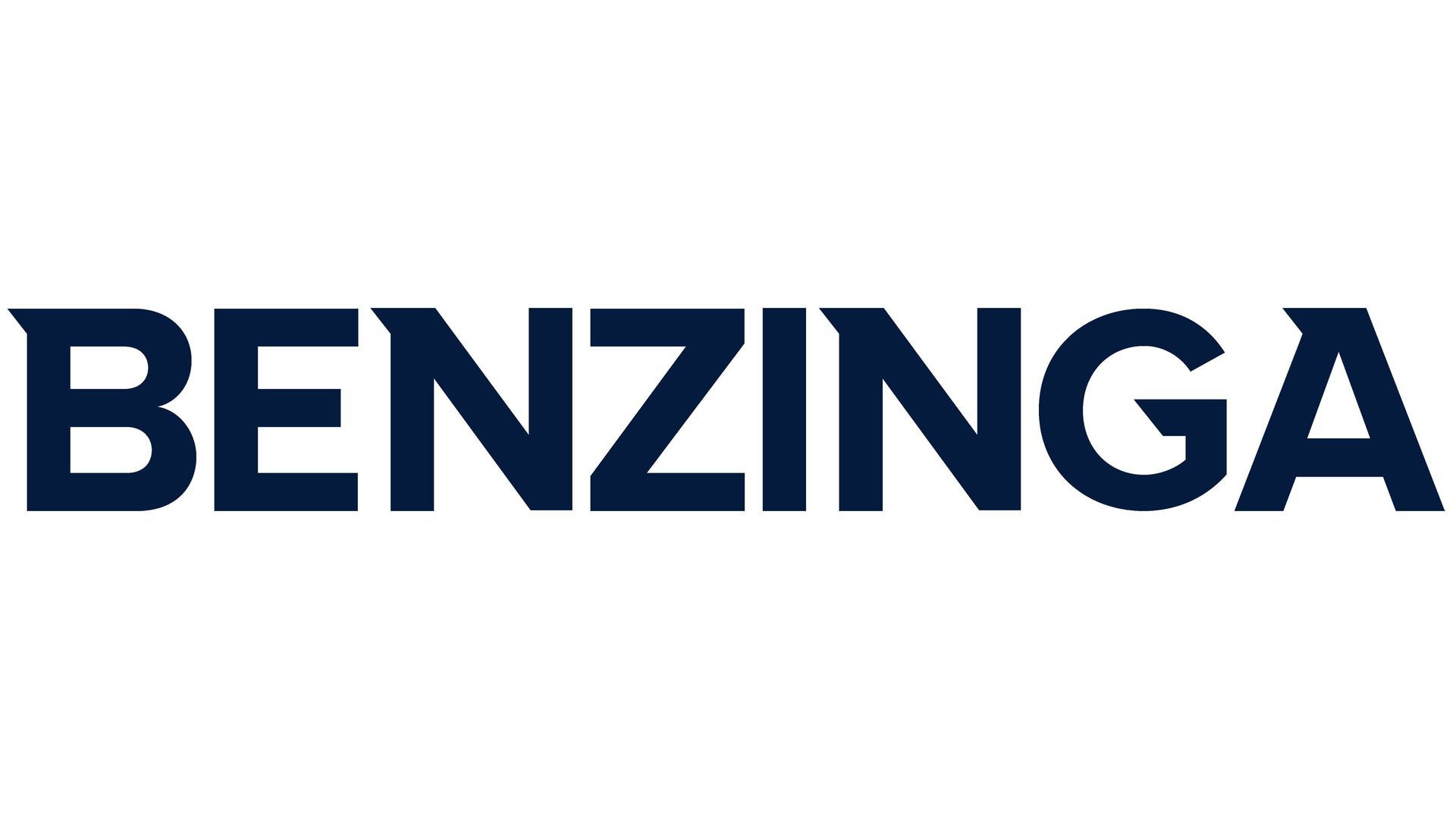BRAZIL
VASP / PI / EMI
BRAZIL VASP LICENSE / EMI LICENSE
The Advantage of Obtaining a Virtual Asset Service Provider (VASP) License in Brazil
As digital assets and blockchain technology continue to reshape financial services globally, Brazil is emerging as a key player in the South American crypto landscape. With recent regulatory advancements, the Virtual Asset Service Provider (VASP) license offers companies a streamlined path to engage in Brazil’s expanding digital asset market.
Brazil’s Evolving Crypto Landscape
Brazilian authorities have taken significant steps to establish a clear regulatory framework, notably through Law 14,478/2022. This law, enacted in late 2022, creates an organized environment for businesses in the digital asset space, offering legitimacy and security that boost investor confidence. The Brazilian Securities and Exchange Commission (CVM) and the Central Bank oversee the industry, helping ensure compliance and foster growth.
In this regulatory landscape, obtaining a VASP license demonstrates a company’s commitment to transparency and trustworthiness in handling digital assets, positioning it for sustained growth within the region.
Key Benefits of a VASP License in Brazil
- Market Access & Growth Potential
With over 200 million residents and a rapidly growing tech-savvy population, Brazil’s market presents unmatched opportunities for digital asset services. Holding a VASP license provides access to a burgeoning audience that increasingly favors digital payments and investment options, particularly among Brazil's younger demographic. - Regulatory Compliance and Credibility
Operating under a VASP license in Brazil allows companies to legitimize their presence in the market. By meeting regulatory requirements, businesses can enhance customer trust and establish themselves as compliant and reliable players, differentiating from unlicensed competitors. - Streamlined Cross-Border Transactions
Brazil’s proactive stance on digital assets facilitates smoother cross-border transactions. A VASP license enables companies to benefit from a clear legal framework, making it easier to operate internationally. Licensed VASPs can conduct business seamlessly with other regulated entities, boosting growth opportunities and enhancing operational efficiency. - Favorable Tax Treatment and Financial Incentives
VASPs in Brazil can access certain tax incentives, including lower income tax rates on export services, which can support companies focused on cross-border transactions. Additionally, Brazil’s tax framework around cryptocurrency transactions remains attractive compared to other major markets in Latin America, promoting a competitive edge for licensed businesses. - Enhanced Customer Confidence & Security
Given recent security incidents in unregulated crypto markets worldwide, the VASP license in Brazil reinforces a commitment to investor safety. Brazil’s framework includes requirements around anti-money laundering (AML) and cybersecurity, which serve to protect consumers, mitigate risks, and build public trust in the licensed VASP.
As Brazil positions itself as a leader in the digital asset sector, acquiring a VASP license could be a key strategic move for companies aiming to expand in South America. With clear regulations, favorable market conditions, and growing demand for digital assets, Brazil offers an environment ripe for innovation and growth.
**Special Note: The Central Bank of Brazil (BCB) published a new set of rules that redefine the regulatory environment applicable to Virtual Asset Service Providers (VASPs).
The new rules complement Decree No. 11,563/2023, which regulates Law No. 14,478/2022 (Legal Framework for Cryptoassets), and establish guidelines for authorization, operation, governance, security, and integration with the foreign exchange market.
Resolutions Nos. 519, 520, and 521 form the core of the new regulatory regime and directly impact both domestic VASPs and foreign entities that provide services to clients in Brazil.
BCB Resolution No. 519/2025 — Authorization, Corporate Structure, and Governance
Resolution No. 519 establishes the formal authorization process for VASPs to operate, aligning them, from a prudential perspective, with financial institutions. Its objective is to guarantee solidity, transparency, and integrity among entities that have intermediate operations with virtual assets in the country.
Why a Payment Institution (PI) License is Essential for Fintech Expansion in Brazil
With Brazil’s burgeoning fintech landscape, securing a Payment Institution (PI) license offers significant opportunities for financial services providers to operate within a rapidly growing and receptive market. This license, regulated by the Central Bank of Brazil, allows companies to provide payment-related services while adhering to the country's compliance standards. In this piece, we’ll explore the benefits, requirements, and impact of obtaining a PI license and how ReadyCorp simplifies the licensing journey, particularly for foreign companies.
Understanding the PI License: A Key to Brazilian Fintech Operations
The Payment Institution license is designed to support companies in offering essential financial services such as payment processing, electronic wallets, and peer-to-peer transfers. Brazil’s payment sector has witnessed unprecedented growth, with digital payments increasingly preferred across demographics. The PI license, governed under the framework of Brazilian Law 12,865, grants companies the ability to securely conduct business, instilling trust among users and financial institutions alike.
Benefits of the PI License:
- Access to a Huge Consumer Base: Brazil has one of the largest fintech user populations in Latin America, with millions of consumers turning to digital payments. The PI license enables companies to tap into this market with credibility and consumer confidence.
- Regulatory Compliance and Security: Operating under a PI license means adhering to the Central Bank’s rigorous standards for security, transparency, and consumer protection, which bolsters the company’s standing and trustworthiness.
- Increased Market Expansion: With a licensed presence, companies can seamlessly expand across Brazil and potentially into other LATAM markets. Brazil’s regulations often set a regional standard, so being licensed in Brazil can ease expansion in neighboring countries.
- Enhanced Partnerships: A PI license demonstrates compliance and accountability, opening doors to partnerships with established financial institutions, technology providers, and payment processors, thereby enhancing service offerings.
Requirements and Regulations for the PI License
The licensing process, while advantageous, involves specific regulatory obligations:
- Capital Requirements: Companies must meet minimum capital requirements, which vary depending on the transaction volume and risk profile.
- AML and KYC Compliance: Strict anti-money laundering (AML) and know-your-customer (KYC) protocols must be followed, and licensed institutions are subject to regular audits.
- Data Protection and Security: Companies are required to implement secure data management practices, adhering to Brazil’s General Data Protection Law (LGPD) to protect user information.
- Ongoing Reporting: PI license holders must submit regular financial and operational reports to the Central Bank to ensure compliance and transparency.
With a rapidly evolving regulatory framework and growing consumer demand for digital financial services, Brazil presents a prime opportunity for fintech innovation. The PI license not only opens doors to Brazil’s diverse market but also positions companies at the forefront of Latin America’s digital finance ecosystem. By partnering with ReadyCorp, businesses can secure their place in Brazil’s fintech landscape, gaining a competitive edge in this dynamic market.
The Strategic Value of an Electronic Money Institution (EMI) License in Brazil
As Brazil continues to position itself as a leading fintech hub in Latin America, the Electronic Money Institution (EMI) license has become increasingly valuable for businesses seeking to offer electronic payment services in this high-potential market. With its large, tech-savvy population, an EMI license not only grants access to a vibrant financial ecosystem but also provides substantial regulatory and operational benefits for companies in the digital finance space.
An EMI license in Brazil, regulated by the Central Bank of Brazil (BCB), is designed to empower businesses to provide electronic money issuance, prepaid cards, payment processing, and digital wallet services. Since Brazil’s regulatory framework is favorable to financial innovation, the EMI license serves as an official stamp of legitimacy and trust, enhancing a company’s reputation and accessibility in the financial market.
Key Advantages of Holding an EMI License in Brazil
- Broad Market Access
Brazil’s large population—over 210 million people—includes one of the world’s most enthusiastic groups of digital banking users. With an EMI license, companies can offer a range of services, from digital wallets to payment processing, meeting the country’s growing demand for financial technology. This license is particularly valuable for companies targeting Brazil’s rapidly increasing number of unbanked and underbanked citizens, who now rely on digital solutions. - Compliance and Enhanced Credibility
The EMI license subjects businesses to the Central Bank’s regulatory framework, which emphasizes financial security and transparency. Licensed institutions can gain consumer trust by aligning with rigorous standards in anti-money laundering (AML) and cybersecurity, ensuring a secure environment that appeals to both customers and business partners. - Tax Benefits for Financial Institutions
While Brazil has high corporate tax rates—34% on average—EMIs can access tax reductions on income generated from export services and other financial incentives. These benefits are part of Brazil’s strategic focus on boosting its fintech sector and reinforcing its attractiveness as a regional financial hub. - Operational Flexibility for International Transactions
An EMI license provides flexibility in currency exchange and international fund transfers, allowing licensed institutions to conduct cross-border transactions with fewer regulatory obstacles. This is especially advantageous for businesses facilitating international remittances and currency conversions, which are essential in a globally interconnected market. - Increased Integration with Brazil’s Financial System
Licensed EMIs gain access to Brazil’s financial infrastructure, including PIX, the Central Bank’s instant payment platform. This integration offers a seamless experience for users and positions licensed institutions competitively among traditional banks and fintechs. PIX, which operates 24/7, allows EMIs to facilitate instant transfers, broadening service offerings and enhancing customer satisfaction.
As Brazil establishes itself as a fintech leader, acquiring an EMI license could be a transformative step for companies seeking to offer electronic money and payment services in South America. The EMI license not only facilitates entry into Brazil’s expansive financial market but also brings a host of regulatory and operational advantages. With ReadyCorp’s expertise, businesses can navigate the licensing process seamlessly and leverage Brazil’s dynamic digital finance ecosystem.
Brazil:
VASP: Advanced Package 19.500 EUR
• Formation of a Limited Liability Company with Crypto-asset Exchange Activity;
• Shareholders' Agreement - Drafting and negotiation of the shareholders' agreement;
• Obtaining a CNPJ for the Foreign Shareholders and Registration with the Central Bank;
• Memorandum and Template for Compliance with IN 1888 of the Brazilian IRS.
Brazil:
VASP: Complete Package 22.500 EUR
• Formation of a Limited Liability Company with Crypto-asset Exchange Activity;
• Shareholders' Agreement - Drafting and negotiation of the shareholders' agreement;
• Obtaining a CNPJ for the Foreign Shareholders and Registration with the Central Bank;
• Memorandum and Template for Compliance with IN 1888 of the Brazilian IRS.
• Bank account opening
Brazil:
PI (Payment Institution) License: 75.000 EUR
• Incorporation of a Limited Liability Company;
• Shareholders' Agreement - Drafting and negotiation of the shareholders' agreement;
• Obtaining a CNPJ for the Foreign Shareholders and Registration with the Central Bank;
• ReadyCorp will analyze the adherence of your group within the Brazilian Central Bank requirements;
• ReadyCorp will conduct the entire authorization application process with the Central Bank so that you may act as a Payment Acquirer.
Brazil:
EMI (Electronic Money Institution) License:
88.650 EUR
Payment Institution with EMI activities including: E-Wallets, Cross-border Transactions, and Merchant Acquiring.
• Incorporation of a Limited Liability Company;
• Shareholders' Agreement - Drafting and negotiation of the shareholders' agreement;
• Obtaining a CNPJ for the Foreign Shareholders and Registration with the Central Bank;
• ReadyCorp will analyze the adherence of your group within the Brazilian Central Bank requirements;
• ReadyCorp will conduct the entire authorization application process with the Central Bank so that you may act as a Payment Acquirer.
ReadyCorp's team has a proven track record, assisting over 450 clients.
- Spanning 30 countries globally, we offer diverse support across multiple locations.
- Assisting More than 150 companies to obtain a crypto license, engaging in M&A activities, & forming partnerships with financial institutions.
- Additionally, our team has registered over 300 companies in various jurisdictions, guaranteeing comprehensive assistance for our valued clientele.
ReadyCorp is the FinTech solution to connect you to the Latam & European markets. Our services are tailored specifically for non-residents, recognizing the unique challenges that occur when entering foreign markets. Whether it's navigating legal requirements and compliance, or understanding local business practices, our friendly and professional team is here to provide guidance and support throughout the entire process.
Alata
Alice
Open Sans
Noto Sans
Bebas Neue
Great Vibes
Rock Salt
Exo
Belgrano
Overlock
Cinzel
Indie Flower
Staatliches
Roboto Slab
Lato
Noto Serif
Open Sans
Montserrat
Ubuntu
Rubik
Delius
Amiri
Montserrat

















